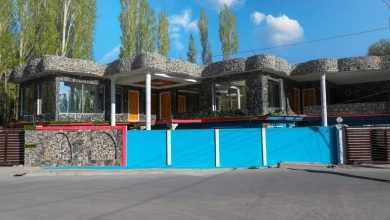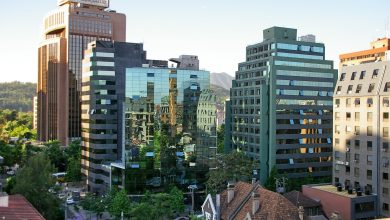Tips for Buying Your First Rental Property & Making It Profitable

Tips for Buying Your First Rental Property & Making It Profitable
First Rental Property
1. Don’t Count on Appreciation
Making an investment that will lose money in the hope that in the future, that negative return will improve isn’t investing. It’s speculation. When you are looking to find your ideal rental home, be wary of any possibility of an increase in rents or value in the near future. They could happen however you shouldn’t be relying on them. Use an area calculator to calculate the area. Making your rental property profitable.
Instead, analyze the offer based on current cash flow. Calculate your cash-on-cash returns as well as the long-term average of unpredictability but significant costs (more on these in the near future). One advantage of renting properties is that you can anticipate the yields with precision. Not on a monthly schedule — as you do not know when your furnace is likely to be out of commission and require replacement and if it will be averaged over the period.
Purchase properties that will provide a steady cash flow, based on current numbers. Home values and rents generally increase over time, however, “usually” is not the same as “always.” Use a land area calculator for easy calculation.
2. Forecast CapEx, Repair, and Maintenance Costs
Another thing that I find irksome is “The rent is $1,500, and the mortgage will only be $1,300, so I’ll make $200 a month on this deal!” It’s not true You will not. The expenses of landlords don’t stop with the mortgage payment.
It’s true that having real estate as an asset that is physical makes it seem more natural and secure in the sense of an investment. However, it also requires maintenance costs, which cost money. Landlords have to pay for maintenance as well as repair costs and capital expenses (CapEx) which can add to.
Maintenance costs are expenses such as repainting the rental property or trimming tree branches of the structure, as well as sometimes replacement of the carpet. CapEx and repairs include expenses such as replacing the furnace or roof as well as any other mechanical or structural repairs.
3. Budget for Vacancies
A lesser-known expense for new landlords? Vacancies. Your rental property will not be occupied all the time all the way to the end of time. There will be times when it is vacant and those months could cost you.
The rates of vacancy vary according to the market. Certain hot rental markets have the lowest vacancy rate of 2%, whereas low-demand markets could have a rate of vacancy that exceeds 20 percent. Before purchasing a rental property meet with local property owners and landlords to gain a better understanding of the area’s vacancy rate.
4. Budget for Property Management Costs
Rent income isn’t truly passive income. The management of rental properties is a laborious process. If you handle the task by yourself or outsource it through a management firm It’s still a work cost.
Many new landlords don’t budget for costs associated with managing the property and claim “I’ll just manage the property myself and save on management fees!”
You may discover you hate managing rental properties. You might be awful at managing it. Perhaps you’ll give three triplets, and not have the time to answer the calls that tenants make who complain that their light bulb has gone out and they want you to put into a new one for them. There’s no way to predict when you’ll have to delegate the management of your business to somebody else.
More fundamentally, work is an expense, regardless of who’s doing it. If you don’t take into account the work you do yourself — the weekend and evenings spent with your rental properties instead of having time with your loved ones — how do you evaluate the performance of an investment property that is rented to an investment that is truly passive, such as the index funds?
5. Stay Liquid
One of the issues landlords have to face is maintaining the cash reserves in good shape.
The above-mentioned expenses that a lot of new landlords overlook can be unpredictable in a month-to-month timeframe. It is impossible to predict when your tenants stop paying rent and will have to be removed. It’s impossible to predict when the furnace will cease to function.
In addition to including these expenses within your forecasts of cash flows when you are evaluating the purchase of a house and selling, you must also save money to cover these costs each month.




